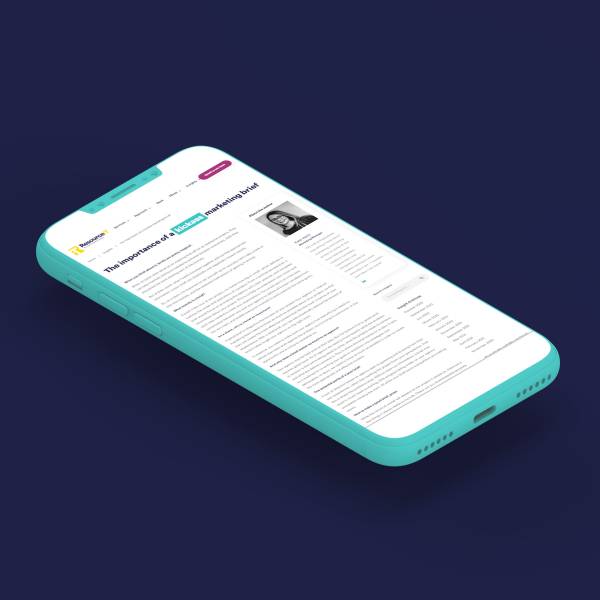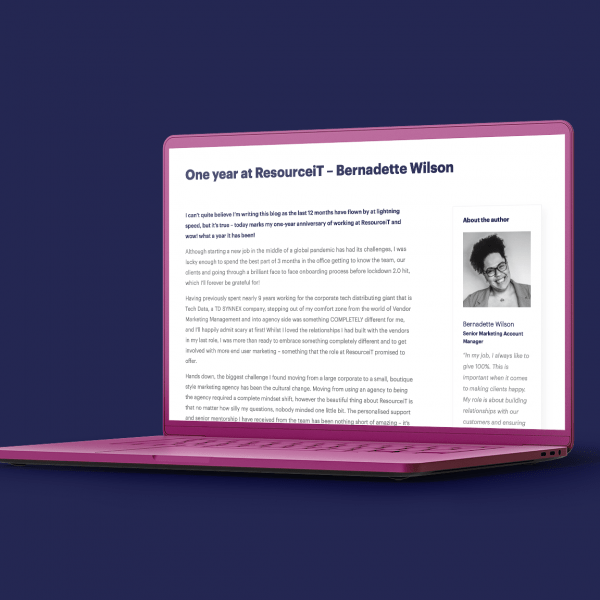When you think about it, briefs are pretty magical.
When on point, they serve as an inspiring kick-off for an awesome project. They can help maintain the focus needed to achieve fantastic outcomes. AND they should be the most exciting part of the journey.
But at their worst, when hastily knocked together without the appropriate information, a poor brief can drastically and negatively impact results.
So, as a client, it’s important to set yourself up for success. Let’s take a look at what this involves, and the potential implications of getting it wrong.
What exactly is a brief?
A brief is the crux of any project, no matter how big or small, which defines or outlines the scope and aspirations of a project. From a tactical perspective, a brief should focus on providing the agency with clear, precise, and complete information about your project. This is to help us understand your vision and each step needed to meet your expectations. You could see it as a two-way conversation between you and your agency to define all known variables from the very start, and enable everyone involved to work towards the same goals.
As a client, why is a brief so important?
A good brief is integral to the success of your project. Your agency or internal marketing team needs to know as much as possible about your project, so that they can create the most effective content that hits the mark in terms of your expectations. With a solid brief, you can also drastically reduce the amount of time it takes to get your agency on the right track.
In essence, you need to make sure your agency has everything it needs to deliver their best work against the problem you’re trying to overcome, or the opportunity you’re trying to capitalise on.
And why does a brief matter so much to an agency?
Your agency may be total pros at their jobs. But the bottom line is, great work requires great input. As an agency we need to know exactly what the problem or tension is that we’re being asked to solve, what the project needs to achieve, and what the delivery process is. This is where the brief comes in to play. It acts as a roadmap for re-writing your goals or ambitions into strategies and deliverables. In short, we need to know as much as possible in order to create the most appropriate and effective content.
The potential perils of a poor brief
A lack of direction leaves an agency open to guessing and drawing from their own experiences, rather than tackling the project from your perspective. And this is where the problems arise. Without clear-cut information, a brief may result in much head-scratching, little progress being made, or your agency completely missing the mark. All while your brief-savvy competitors are making waves.
How to make a good brief, great
While the nature of a brief will depend on the project it relates to, there are a few things it always needs to include. Check out our Downloadable Briefing Template which includes a handy checklist of questions to answer, to give you and your agency the best possible chance of success!



